Avoidance of direct answers
Liars often evade direct questions or provide vague responses.
Nervous body language
Fidgeting, shifting, or avoiding eye contact can indicate dishonesty.
Micro-expressions
Brief, involuntary facial expressions can reveal hidden emotions like fear, guilt, or anxiety.
Inconsistent statements
Liars may contradict themselves or change their story over time.
Emotional inconsistency
Displaying inappropriate or insincere emotional responses.
Overly complex language
Liars often use overly elaborate language to sound more convincing.
Lack of detail
Omitting important information or providing vague descriptions.
Defensiveness
Becoming overly defensive or hostile when questioned.
Evasion of responsibility
Blaming others or making excuses to avoid accountability.
Excessive sweating
Nervous sweating can be a sign of deception.
Pupil dilation
Enlarged pupils can indicate lying.
Changes in tone or pitch
Altering their voice to sound more convincing.
Avoiding direct eye contact
Liars may avoid eye contact or exhibit unusual eye movements.
Fidgeting with objects
Playing with objects to release nervous energy.
Covering the mouth or face
Subconsciously hiding the face while lying.
Repeating questions
Repeating questions to stall or avoid answering.
Using vague language
Employing vague terms to avoid specificity.
Emphasizing unimportant details
Focusing on minor aspects to distract from the truth.




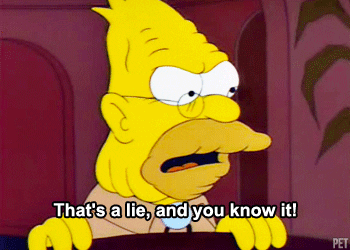



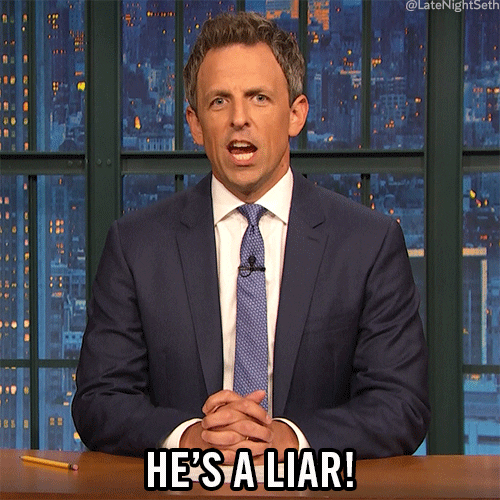


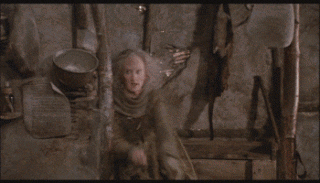

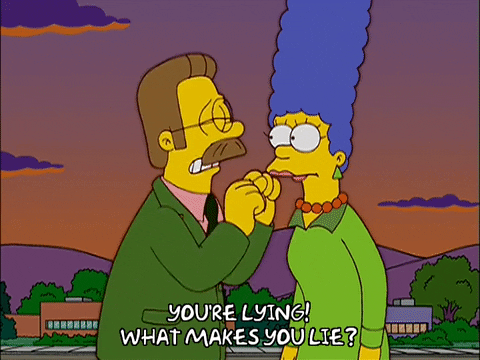
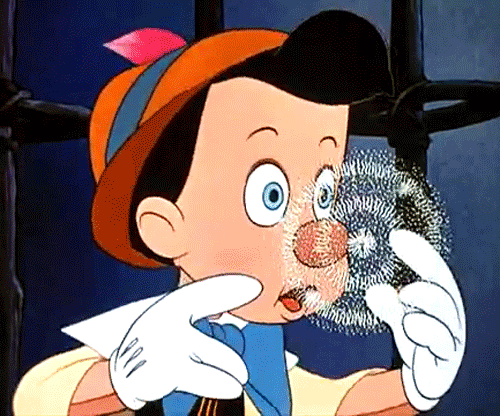

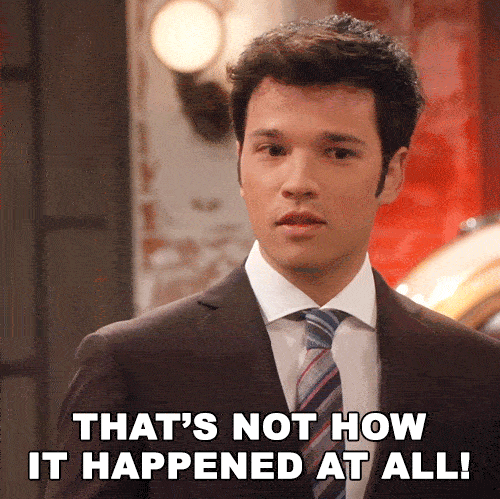

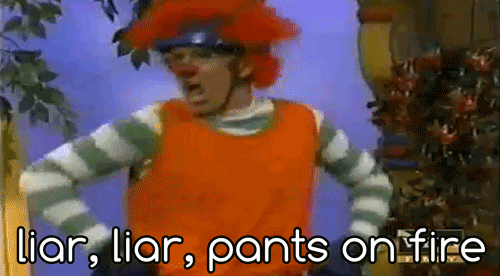



Every on of these is just a normal human behavior, but can be a sign of deception. Which us how horoscopes and politics work. Glad to know you like fantasy.
The biggest sign of actual deception is response time to a surprising event. Scientifically tested, it takes 10 seconds for a human brain to process and find a solution to surprise information. If there is an instant response to action, then they expected it. Training for an event (foreknowledge of the lie) can drop the time down to instantaneous.